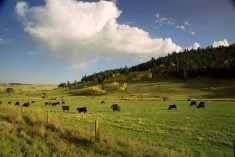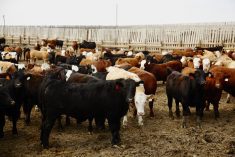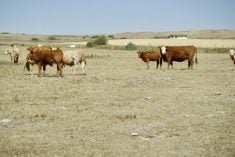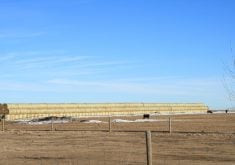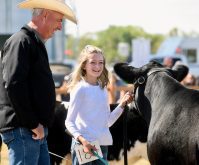Advocacy is a big part of what we do and how we communicate recommendations to policy-makers matters. The Canadian Cattle Association (CCA) takes a team approach, and we strive to share how current and emerging issues can affect the various sectors within our industry. Our goal is to always bring workable solutions to government for their consideration.
With the Canadian Agriculture Partnership (CAP) set to expire within the next year, our board members and policy team have worked hard alongside our provincial members to advocate for enhancements to programming that would benefit Canadian cattle producers. We took every opportunity throughout the consultation process to share our ideas. Key policy priority areas we focused on included business risk management, the environment, animal health, and research and innovation.
On July 22, 2022, Canada’s federal, provincial and territorial (FPT) agriculture ministers announced $500 million in new funds for the Next Agricultural Policy Framework, to be known as the Sustainable Canadian Agricultural Partnership (Sustainable CAP). This marks a 25 per cent increase from the previous framework.
Read Also
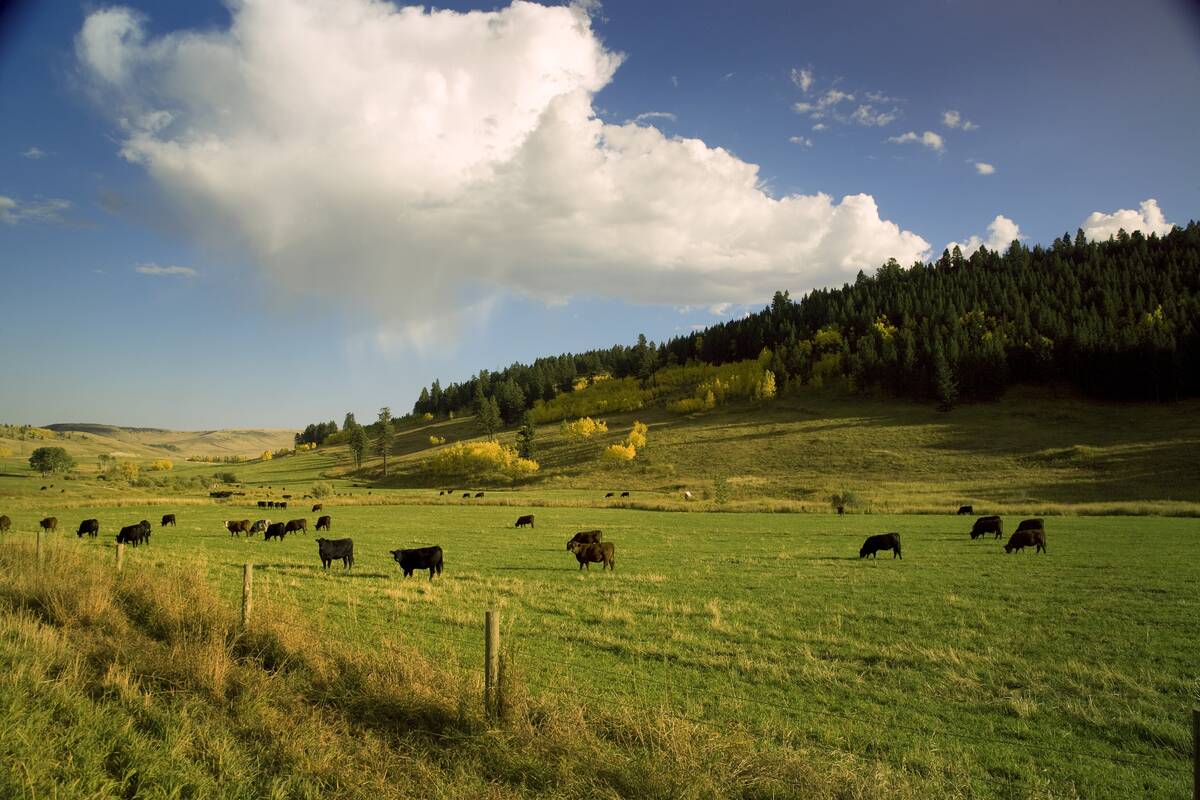
The Canadian Cattle Association’s international advocacy efforts
Global ag policies affect Canadian food policy, so the Canadian Cattle Association participates in international and domestic forums
Following is a snapshot of notable policies for Canadian cattle producers announced in Sustainable CAP.
Business risk management (BRM)
The BRM program suite is a critical piece of Sustainable CAP. The announced changes are intended to enhance sector resiliency, so that producers can better “anticipate, mitigate and respond to risks,” which is consistent with FPT ministers’ Guelph Statement that was released in November 2021.
AgriStability remains a cornerstone of the BRM suite. The payment compensation rate was raised from 70 per cent to 80 per cent at an estimated cost of $72 million. The payment trigger remains unchanged at 70 per cent and payments cap out at $3 million. However, an increased compensation rate is a big step in the right direction and builds on the actions taken in March 2021 to drop the reference margin limit (RML). We are awaiting details on the consultation process that will take place with industry to review AgriStability, to improve it and make it faster, simpler and more predictable.
We were disappointed that a nationally available, permanent Livestock Price Insurance Program (LPIP) was not part of the initial Sustainable CAP framework. Attention must be paid to expanding the availability of LPIP and reducing associated premium costs, similar to what is done in other sectors. LPIP is an especially important tool for our next generation of cattle producers, as it helps them secure financing and survive market downturns. We will keep advocating on this front.
An environmental objective has also been added to BRM programming. There is now an environmental cross-compliance component for larger farms wanting to participate in AgriInvest. In addition, further avenues will be explored to integrate climate risk and readiness into BRM programs. We are concerned this may make an already complex program suite even more complicated, which conflicts with the goal of simplifying AgriStability. CCA believes there are more effective ways to incentivize environmental stewardship on Canadian farms and ranches.
Environment
As cattle producers, we understand the importance of implementing best management practices on our farms and ranches. As a result, we have advocated for direct payments to primary producers for the ecological goods and services we provide. We were pleased to see the announcement of the Resilient Agricultural Landscapes Program (RALP), which comes with a $250 million dollar investment and aims to provide incentives to agricultural producers for conserving native grassland, perennial cover activities and regenerative agricultural practices. The devil is in the details and the specifics of RALP remain unknown. In advance of the details being developed, CCA will advocate to ensure the program meets the intended objectives and benefits beef producers across Canada.
Research and innovation
The 25 per cent increase in the funding envelope is welcome news for research and innovation in the sector. We have advocated for continued investments in research programs aimed not only at key environmental challenges but also enhancing productivity. This is key to the success and sustainability of our sector.
The Canadian beef industry has identified aggressive 10-year industry goals and a national research and technology transfer strategy to achieve these goals. With an increased funding envelope, the beef sector will be better equipped to deliver on some of our ambitious environmental and productivity goals.
The Sustainable CAP announcement shows that the FPT agriculture ministers have heard our concerns on several key issues. We will continue to actively engage with government representatives on the rollout of this new policy framework and advocate for new initiatives including the urgent need to establish a national foot-and-mouth disease (FMD) vaccine bank for Canada.
With the complexity of tackling climate change, ensuring food security and fostering a vibrant Canadian agriculture industry, the details of these commitments will be important. You can count on CCA to be at the table representing your interests and ensuring the best outcome possible for beef producers across Canada.



